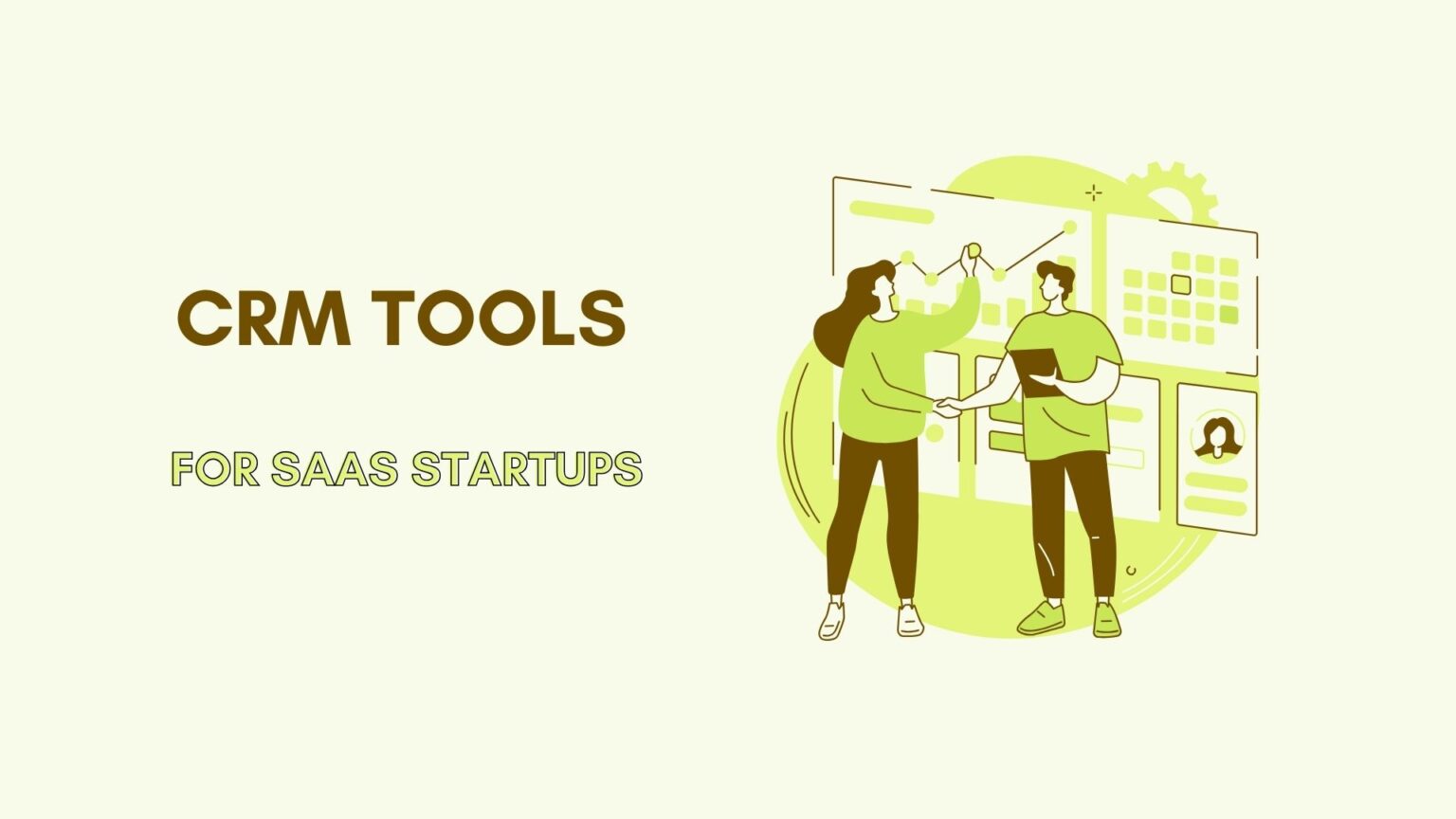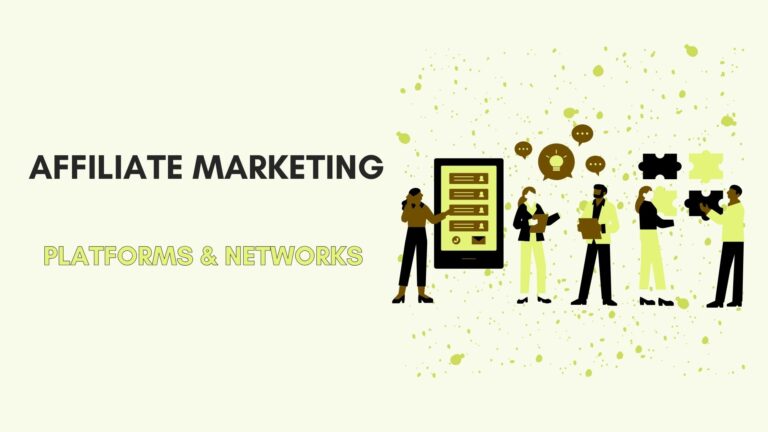Basically, the core differences in CRM tools for SaaS startups are specifications like sales automation, project management, marketing tools; different levels of pricing (free, basic, premium plans), or scalable options. If you’d like to explore deeper, we’ve included a detailed overview of each platform below, including pros and cons.
1. HubSpot CRM
HubSpot CRM has become one of the most popular choices for startups and small businesses. With its all-in-one platform and wide ecosystem of integrations, it offers an appealing starting point for SaaS companies.
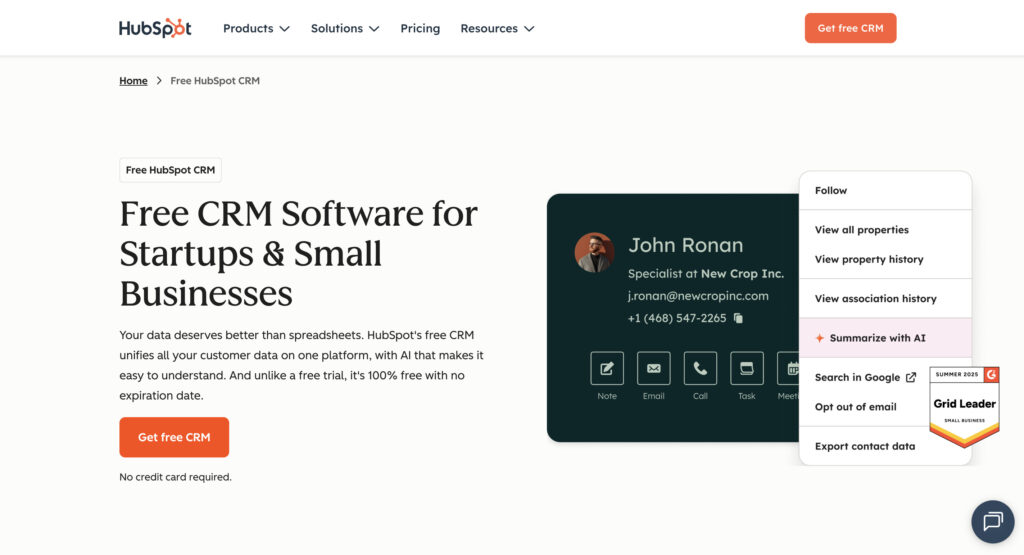
Pros of HubSpot CRM
- HubSpot is a comprehensive ecosystem. It comes with “hubs” for marketing, sales, customer service, and content management.
- HubSpot’s free CRM is great, including contact management, deal pipelines, CRM import, and Breeze Copilot (Beta). You can start with the free plan and add paid features as your business grows.
- The platform includes workflow automation to handle lead nurturing with email sequences, sending follow-up reminders, and assigning tasks when deals move through pipeline stages.
- With over 1,700 integrations in its App Marketplace, HubSpot works well with the tools most startups already use (Stripe, Slack, Zapier, Shopify, etc.). You can connect HubSpot with your existing workflow and create a seamless flow of customer data across platforms.
- HubSpot is known for its intuitive design. Anyone can quickly learn how to navigate pipelines and manage contacts.
Cons of HubSpot CRM
- The free plan is great, but the costs ramp up as you move to premium tiers. Besides, all free HubSpot tools ( forms, landing pages, and more ) carry HubSpot branding.
2. Pipedrive
Now say hello to Pipedrive, a sales-driven CRM designed around ease of deal management and actionable information for accelerating revenue growth. With its intuitive visual pipelines and AI-driven capabilities, Pipedrive works like a charm for startups.
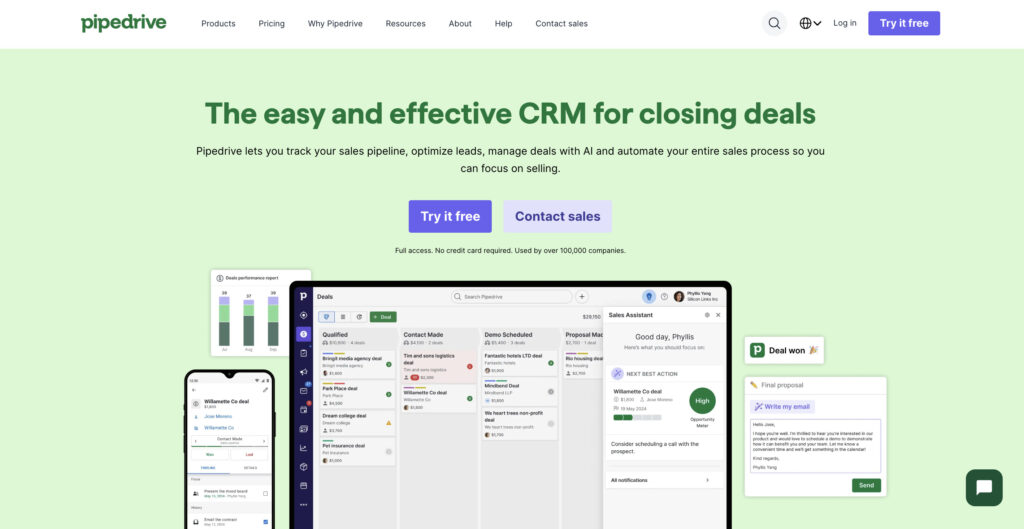
Pros of Pipedrive
- Pipedrive offers a Kanban-style visual pipeline. It provides a clear overview of all deals, allowing sales reps to see at a glance which stage each deal is in and what actions to take next.
- Users find the platform to be quite easy to use and learn.
- Pipedrive mainly focuses on an active sales approach. Automated reminders for calls, emails, and meetings help ensure every lead receives timely follow-ups.
- A large marketplace full of hundreds of integrations, from Slack to Zoom to Mailchimp and other SaaS tools.
- Pipedrive also supports automated lead nurturing, AI-driven prompts, and workflow automation.
Cons of Pipedrive
- Pipedrive does not have native marketing automation, customer support, and content management tools.
- The reporting feature is not especially brilliant in the entry packages.
- Pipedrive does not have a free plan but a 14-day free trial.
3. Zoho CRM
With a 360° view of customer data, AI-powered automation, and an ecosystem of integrated business applications, Zoho CRM offers SaaS startups the tools to optimize sales and streamline workflows.
Zoho CRM is an ideal choice for SaaS startups looking for a flexible, scalable, and cost-effective platform that centralizes operations across multiple business functions.

Pros of Zoho CRM
- Zoho CRM provides a free plan for up to three users, ideal for bootstrapped startups.
- Zoho is a suite of over 45 applications, including marketing automation, project management, finance, and analytics.
Cons of Zoho CRM
- The steep learning curve.
- Many third-party integrations are unavailable on the free plan.
4. Salesforce Sales Cloud
Salesforce Sales Cloud is one of the most widely adopted CRMs globally. It offers an extensive suite of tools for sales force automation, pipeline management, forecasting, and so on.
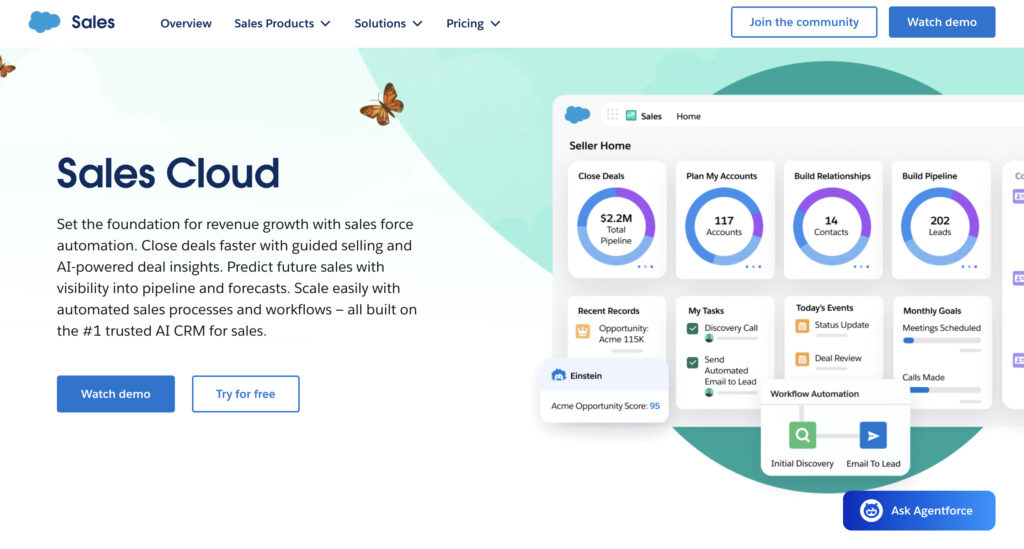
Pros of Salesforce Sales Cloud
- Salesforce supports businesses from small teams to large enterprises. Startups can begin with a basic plan and expand effortlessly as their sales processes, user base, and data volume grow.
- The platform allows deep customization: custom fields, objects, and workflows can track SaaS-specific metrics such as MRR, churn, and customer lifetime value.
- Customizable dashboards and reporting capabilities give startups actionable insights into pipeline health, sales performance, and revenue trends. Einstein AI is also a power behind forecasting, anomaly detection, and deal guidance.
Cons of Salesforce Sales Cloud
- Salesforce’s advanced features come at a premium. Beyond the Starter Suite ($25/user/month), Pro, Enterprise, and Unlimited plans can reach $100–$350 per user per month.
- The steep learning curve.
Expert opinion
We’re not competitor-obsessed, we’re customer-obsessed. We start with what the customer needs and we work backwards.

Founder and executive chairman of Amazon
5. Zendesk Sell
Zendesk Sell is a modern CRM ideal for SaaS startups. Part of the broader Zendesk ecosystem, Sell excels at connecting sales with customer support.
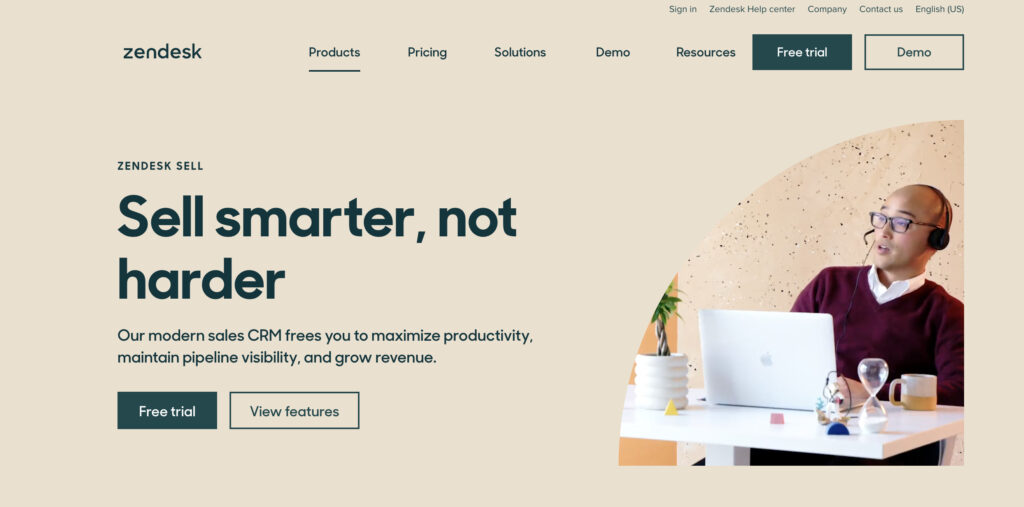
Pros of Zendesk Sell
- Integration with Zendesk Support is seamless.
- Clear and simple UI.
- With the mobile app, reps can manage deals, make calls, send texts, or update pipeline data from anywhere.
- With its highly visual pipelines and activity tracking, Sell helps representatives know the next steps to take and avoid neglecting any lead or deal.
- Zendesk Sell comes with prospecting features, lead enrichment, and a native dialer for calls and texts.
Cons of Zendesk Sell
- Zendesk Sell lacks comprehensive marketing automation, content management, and native SaaS metrics reporting.
6. Close
Close CRM accelerates the sales process while keeping interactions organized. Close is built for sales efficiency, with its native calling, emailing, and SMS capabilities.
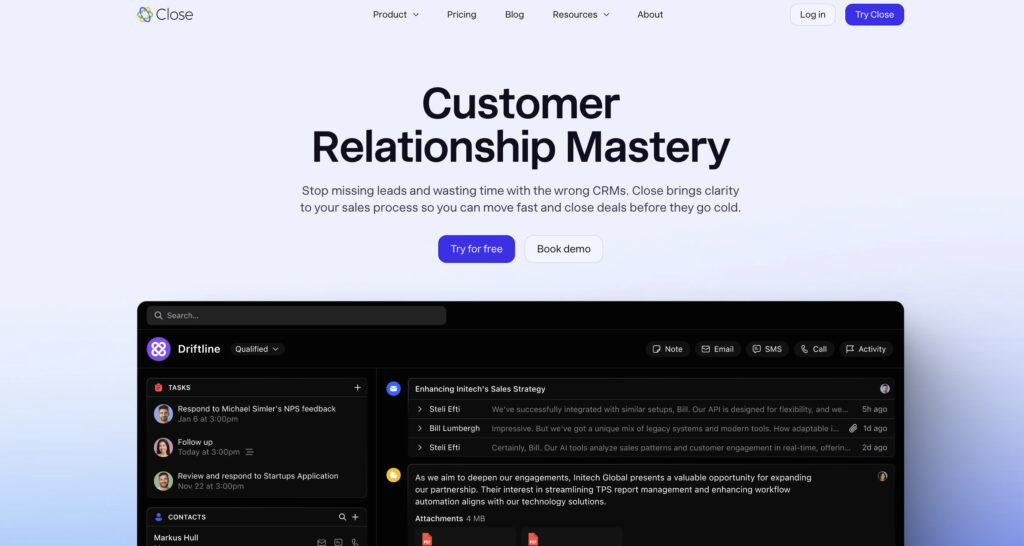
Pros of Close
- Close is built for sales efficiency, automating various tasks with features like Power Dialer, Predictive Dialer, and AI-enhanced summaries. Automated follow-ups and lead enrichment are also useful.
- The platform has a clean and fast interface.
Cons of Close
- Close does not offer a permanent free plan.
- It lacks native marketing automation, customer support, and content management features.
- Close has a moderate selection of native and Zapier integrations, but its integration ecosystem is smaller than Salesforce or HubSpot.
7. Freshsales
Freshsales by Freshworks is truly a feature-rich sales CRM. Its combination of AI-powered insights and native communication tools makes it easy for startups to manage leads and close deals.

Pros of Freshsales
- Freshsales offers a free plan for up to three users, including Kanban views, email templates, and others. It’s ideal for bootstrapped SaaS startups.
- The platform features a clean, modern interface with visual Kanban pipelines. A low learning curve reduces onboarding time.
- Freshsales enables calls, emails, SMS, and live chat directly within the CRM, improving efficiency and data accuracy.
- Freshsales integrates with other Freshworks products like Freshdesk (support) and Freshmarketer (marketing).
Cons of Freshsales
- While Freshsales has a reasonable marketplace, it is smaller than Salesforce or HubSpot.
- While it integrates with Freshmarketer, it lacks the deep, native marketing automation and content management features.
8. Monday.com
Originally a project management platform, Monday.com offers a versatile CRM solution. It combines CRM, project management, and team collaboration tools.
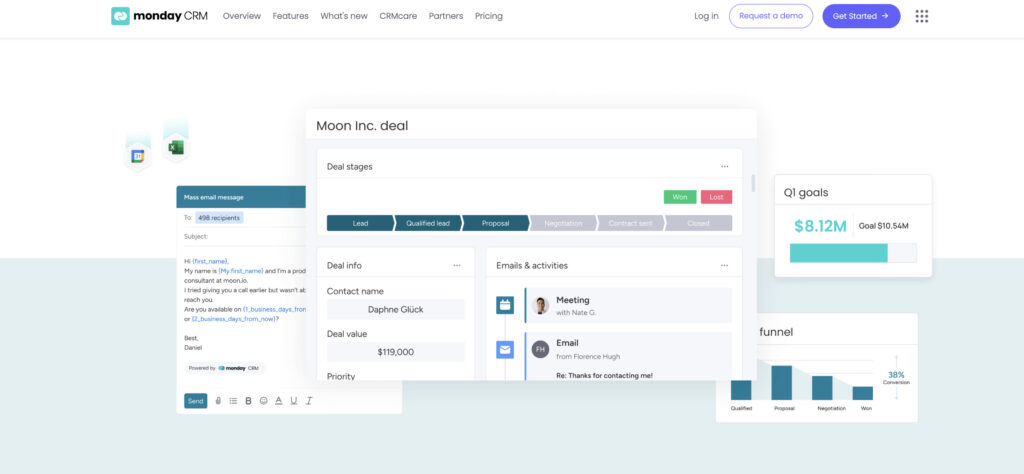
Pros of Monday.com
- Using the highly intuitive drag-and-drop interface with no-code customization by Monday.com, a SaaS startup can easily create its own CRM, or tailor-make existing templates to one’s specific needs.
- In addition to CRM, Monday.com offers tools for project management, marketing, and HR.
- Monday.com includes a powerful no-code automation builder.
- Startups can manage emails, calls, and internal collaboration directly within Monday.com.
Cons of Monday.com
- The Basic plan lacks essential CRM capabilities such as lead management, sales analytics, and email integration.
- As a work operating system first, Monday.com’s CRM features, while solid, are not as specialized as Close or Pipedrive.
9. Microsoft Dynamics 365
Dynamics 365 is an enterprise-grade ERP and CRM application suite that operates and connects people, processes, and data across the entire organization. Its AI-based features, tight integration with Microsoft 365, and advanced in-built analytics work well for SaaS startups.
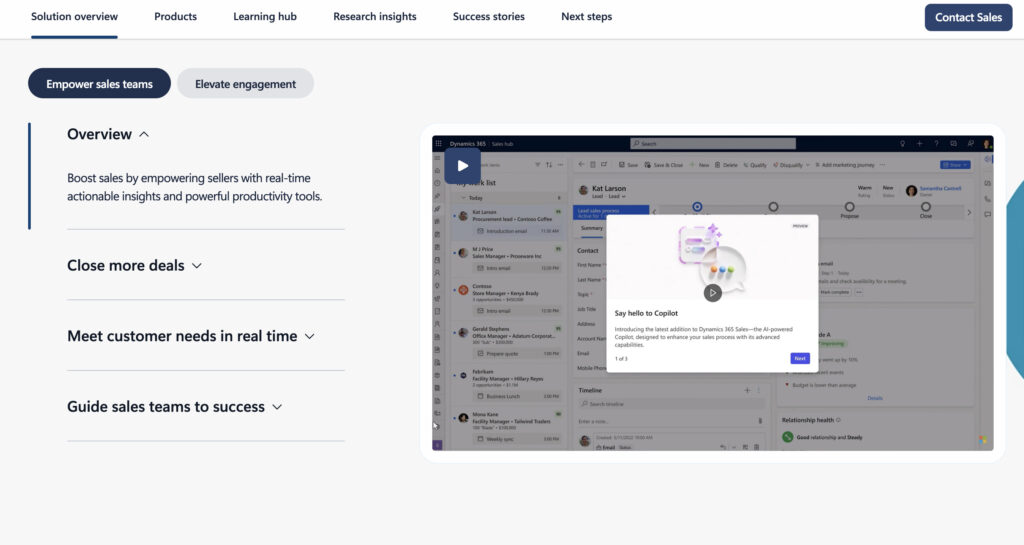
Pros of Microsoft Dynamics 365
- Seamless Microsoft integration. For startups already using Office 365, Teams, Outlook, or Azure, Dynamics 365 fits perfectly into the existing workflow.
- Dynamics 365 is built to support large-scale operations. It can handle extensive user bases and complex data structures while providing tools like Power Automate to create custom workflows, track unique SaaS metrics, and automate business processes.
- Dynamics 365 has both CRM and ERP functions.
- The platform’s integration with Power BI and Microsoft Copilot provides predictive analytics, AI-driven insights, and so on.
Cons of Microsoft Dynamics 365
- The user interface is less intuitive.
- Although the platform includes multiple modules, they are sold separately. Startups may need to purchase individual apps for sales, marketing, and customer service.
- There is a marketing module in Dynamics 365, but it is not as strong in the areas of content management and inbound marketing.
10. Insightly CRM
What is Insightly CRM? Well, Insightly CRM is actually a modern and easy-to-use CRM platform for various customers, with features such as managing pipelines, marketing campaigns, and projects, all within a single interface.
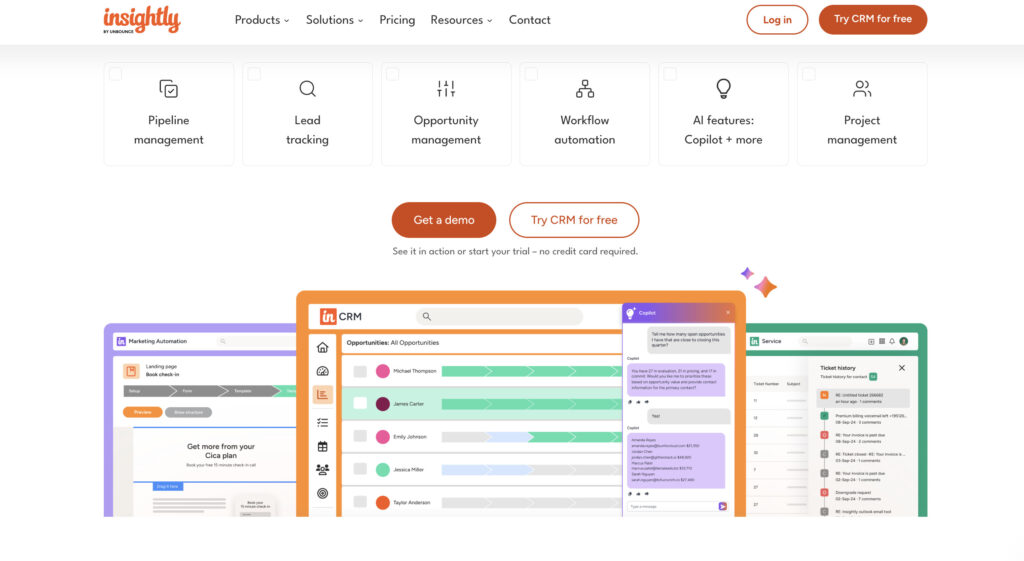
Pros of Insightly CRM
- Insightly stands out with its built-in project management capabilities.
- Insightly connects seamlessly with popular business tools like Google Workspace, Office 365, Mailchimp, Zapier, QuickBooks, Slack, and more.
Cons of Insightly CRM
- Lower-tier plans provide only basic customization, which may not be sufficient for startups with unique sales processes.
HubSpot CRM is a top choice due to its all-in-one ecosystem for marketing, sales, and service. Several niche and hybrid CRMs cater to the specific needs of SaaS startups. Close CRM is a standout for outbound sales teams. Zendesk Sell is an excellent option for startups that prioritize the link between sales and customer support. Freshsales offers a user-friendly interface with built-in AI for lead scoring.
Conclusion
Ultimately, the CRM tools here help SaaS startups grow faster and more efficiently, though which one you choose will depend on your team size, budget, and specific workflow needs.
Frequently Asked Questions


